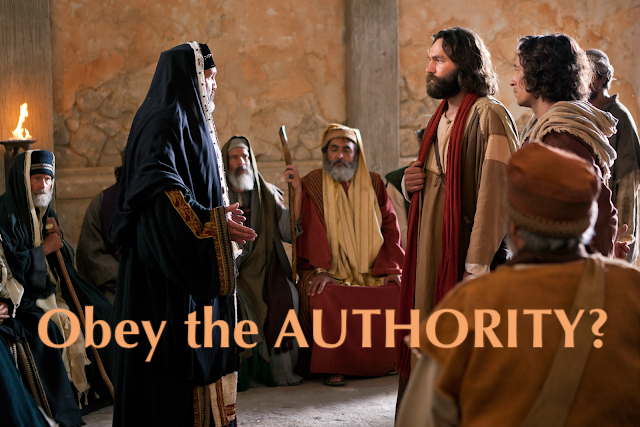 Servants of our Master
Servants of our Master
Sectarianism was a negative part of the religious milieu in Paul’s day. In order to combat this divisive “party spirit” he made it plain that we are all “in God’s service.” And this service is to a common master. So we should all be performing our role as servants of God working together to perform his will. But sometimes we find this concept daunting. What does it really mean to be in God’s service?
Chosen to Serve
A colourful word picture of the servant of God, the diakonos, was one who sent the dust flying in their enthusiastic effort to run and accomplish their errands. God’s servants were his aides, assistants, and devoted bond-slaves or followers. This was not a calling you chose, but rather you were chosen to enter into God’s service. It was like being given a commission to serve the king or the army. And God’s expectations are high, for those he chooses.
Servant Parables
Jesus, shortly before his death, gave the disciples a number of parables that explained Jesus’ expectations. Jesus was looking to commission faithful and wise servants. He wanted servants who could take on the responsibility of managing all the master’s possessions. And he would know the faithful from the self-serving by their fruits. How did they carry out their duties and treat their fellow servants?
Loyal Servants
The faithful and wise servant was the one who could “use the appropriate means to achieve the correct end.” This servant was an expert at understanding the master’s objectives and accomplishing them with skill and insight. Having been trained in what was good, the faithful servant conscientiously made the wise choice, and took care of the needs of others. And as a result the master could trust that his instructions would be followed even when he was gone.
Warning to Servants
On the other hand, the evil, self-serving servant would hypocritically think that “the cat’s away and the mice will play.” Though this servant was well aware of the master’s will and expectations, he did not do it. Why? Did he lack faith in the master? Did he believe he would not be held to account? Was he just lazy? There are many reasons that people fail to live up to their role in God’s service. But God warns his servants that having been given much, much will be required of them.
Likewise, the foolish virgins, due to their lack of preparation, carelessness or thoughtlessness were also in danger of losing out on the future that God offered his faithful servants. They had not done the study, or taken the time to become skillful in serving their master, and in the end he says, “I never knew you!” The wise virgins, however, were practical, sensible, and far-sighted. They were prepared for their part in God’s service, even though they had to wait to fulfill their role.
Using Your Talents in God’s Service
The reality is that God gives his servants, all believers, “talents” according to their abilities. And his expectation is that we will use our spiritual resources to accomplish good works in God’s service. The wicked and lazy servant did not appreciate the master’s gifts, accused the master of evil motives, and in fear refused to take any risks to use what was given to him.
The good and loyal servant had a different approach. With a sense of pleasure and pride he eagerly set about the task of using what he had been given, for his benefit and the good of the master.
How are we managing in God’s service? Are we willing to make the most of our opportunities by fruitfully applying the wisdom God has given? For the wise servants, who are adept at meeting the needs of others, and performing God’s work motivated by his love, God has a great reward.









